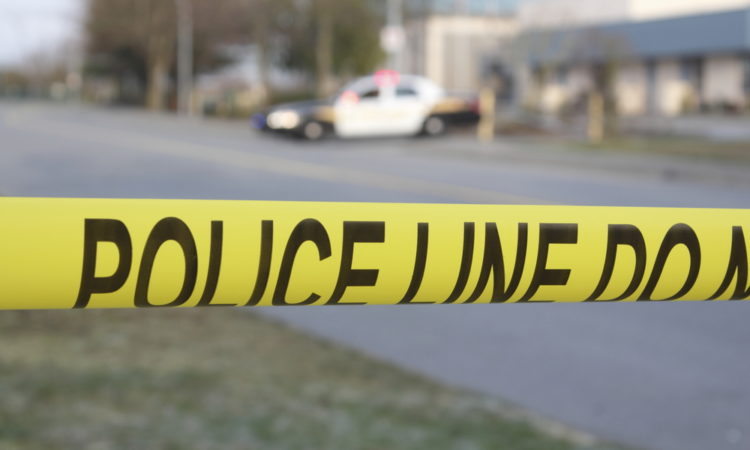
Grief, Loss & PTSD in Louisiana & Minnesota
Here we go again. First; two civilians were fatally shot by police officers while being detained- one in Louisiana and the other in Minnesota. Then, almost immediately after, three police officers were gunned down while performing their duties in Louisiana.
Traumatic horror repeated…again!
Headline:
In Baton Rouge, hundreds of people gathered for a second night of protests at the shop where Alton Sterling, a 37-year-old father of five, was killed on Tuesday.
Headline:
A black man has been shot dead by police in the US state of Minnesota as protests continued over the police killing of a black man in Louisiana.
Philando Castile death: stopped in Falcon Heights.
(BBC News, 7 July 2016, see also, German Lopez @germanrlopez german.lopez@vox.com Jul 10, 2016, 12:30p)
Grief of loss by loved ones:
Here is one man’s story:
“At some of the darkest moments in my life, some people I thought of as friends deserted me-some because they cared about me and it hurt them to see me in pain; others because I reminded them of their own vulnerability, and that was more than they could handle. But real friends overcame their discomfort and came to sit with me. If they had not words to make me feel better, they sat in silence (much better than saying, “You’ll get over it,” or “It’s not so bad; others have it worse”) and I loved them for it”.
(Harold Kushner, Living a Life that Matters, in Grief Speaks)
Headline:
Three officers shot and killed on Sunday morning in Baton Rouge, La. Three others were wounded.
Montrell L. Jackson
32, 10-year veteran of the Baton Rouge Police Department. He and his wife had a baby in March.
Matthew Gerald
41, served with the Baton Rouge Police Department for less than a year.
Brad Garafola
45, East Baton Rouge Parish sheriff’s deputy, father of four.
(Baton Rouge Shooting Jolts a Nation on Edge, JULIE BLOOM, RICHARD FAUSSET and MIKE McPHATE, NY Times JULY 17, 2016)
Fellow officers: Post-Traumatic Stress Disorder
As defined by the American Psychiatric Association, Post-Traumatic Stress Disorder (PTSD) is a mental health condition that develops after an individual experiences or is exposed to a traumatic event.
Symptoms of PTSD include:
Intrusive thoughts: flashbacks, distress when exposed to symbols of the trauma, recurrent and involuntary memories, nightmares.
Avoidance of stimuli associated with the event: avoiding the place where the event occurred, avoiding thoughts and feelings associated with the event.
A significant mood change experienced after the event: detachment from others, blaming oneself for what happened, persistent negative emotional state, decreased interest in significant activities.
A shift in reactivity associated with the event: increased irritability, hypervigilance, sleep disturbance, exaggerated startle response, problems with memory or concentration.
(Swanson, Thomas, Coon & Newton, stclaw, Medical-conditions/ptsd )
The major hurdle to addressing this professional tragedy is the silence of the first-responder culture. Until recently, this unwillingness to openly discuss the impacts of PTSD has kept mental health issues a professional secret in law enforcement (Mittal et al., 2013). This has happened despite the fact that so many officers are impacted by traumatic events that often lead to PTSD. (By Mark Bond, Faculty Member, Criminal Justice at American Military University, Silent Suffering: Warning Signs and Steps to Prevent Police Suicide, INPublicSafety, 2014)
Since 1988, NAMI and our national network of local and state organizations have partnered with law enforcement agencies on Crisis Intervention Team (CIT) programs, which help law enforcement cope with these difficult calls for service and increase safety in these situations—for officers, individuals in crisis and bystanders.
(Laura Usher. Law Enforcement and Mental Health, National Alliance on Mental Illness)
Here is where Counseling on Demand comes in.
To our police:
We are online at CounselingonDemand.com. You can contact us privately, in confidence and away from prying eyes. Our Therapists and counselors can help.
To our fellow civilians:
We at Counseling on Demand are here for you. We can support you in your grief and loss.
We are only a click away.